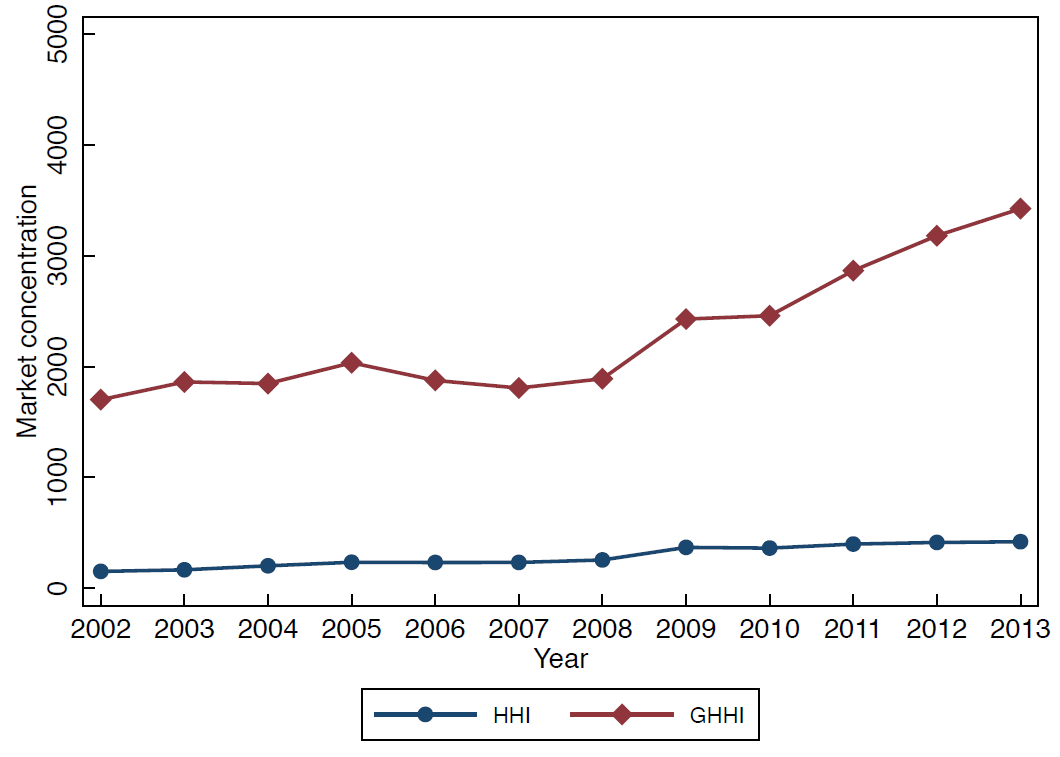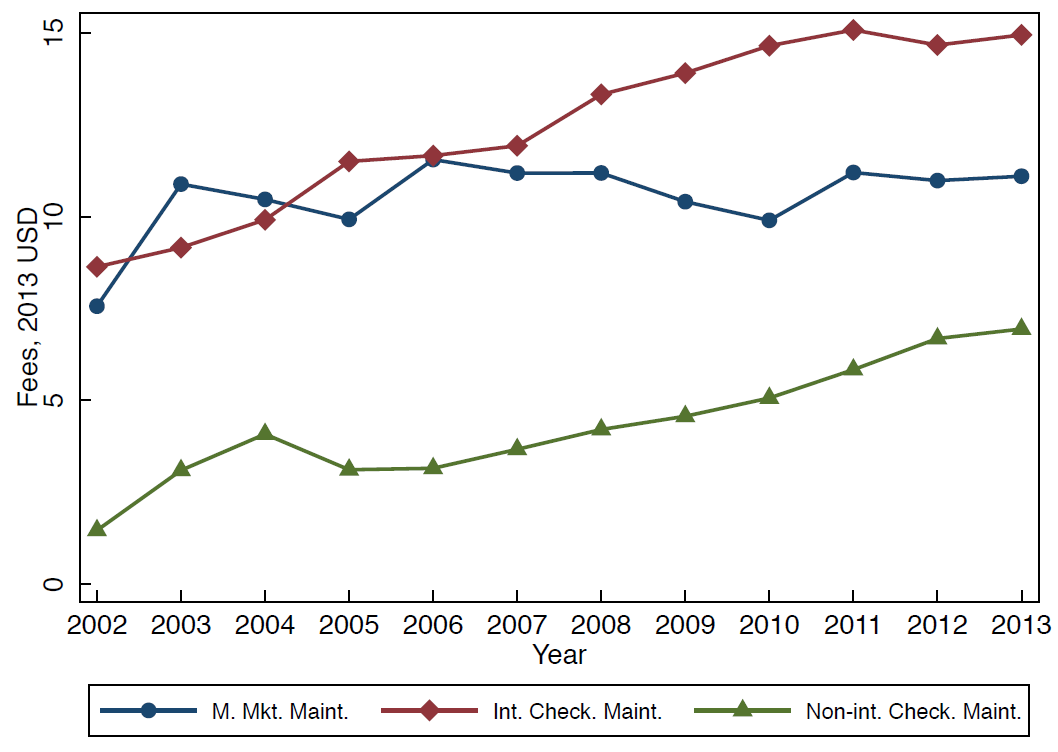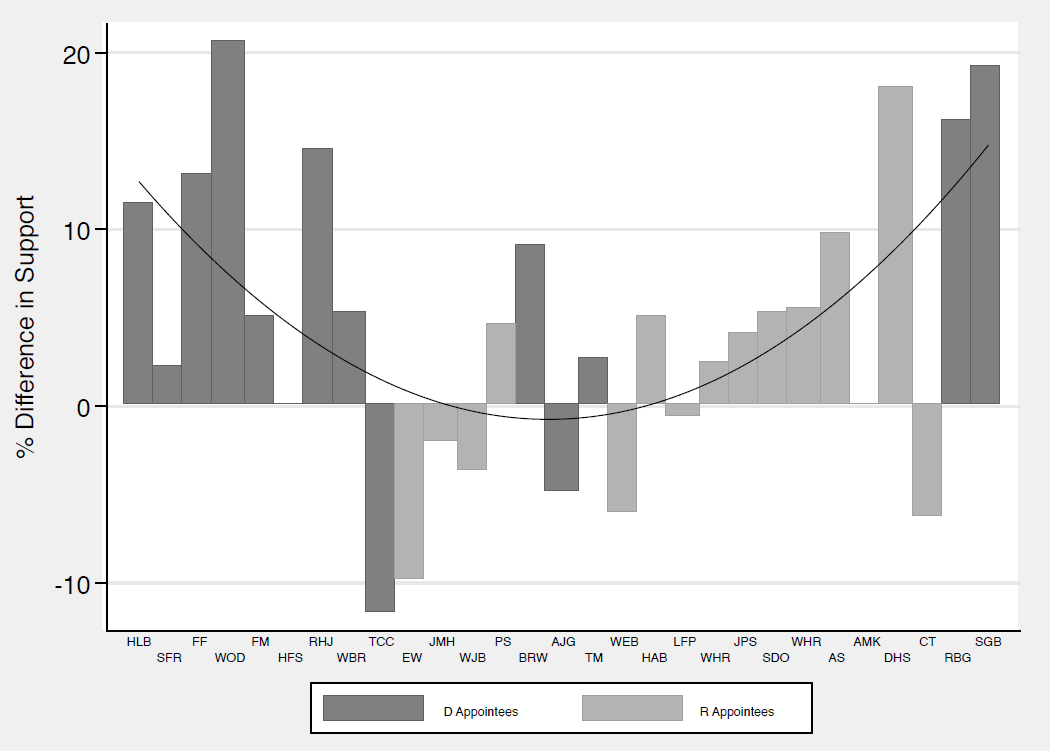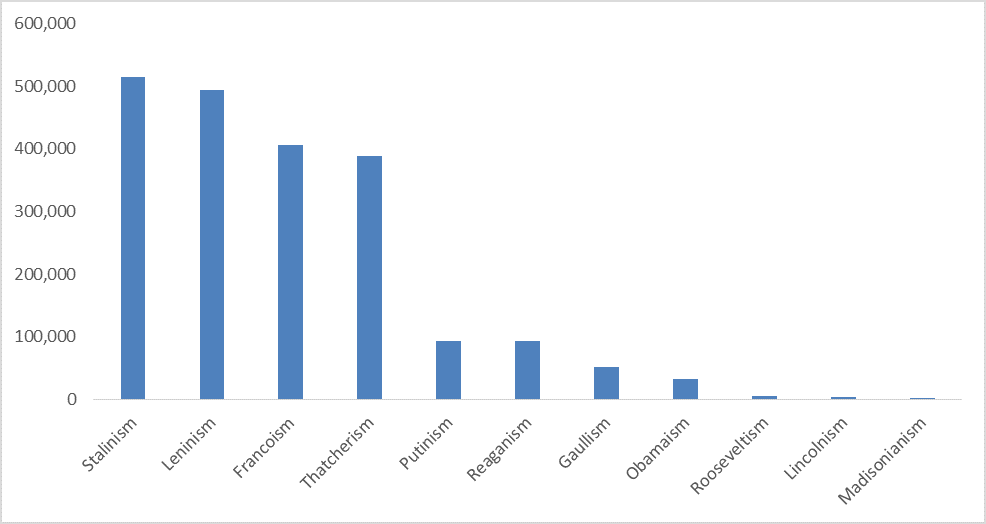Irwin praises the film while correctly pointing out that the movie implies that only its heroes foresaw the collapse of housing prices, when in fact many people did. But the movie makes a more serious error: It implies that the heroes foresaw the financial crisis as well as the popping of the bubble. They didn’t. The movie bumbles this important distinction, implying wrongly that the bad guys either also knew that they would cause a financial crisis but didn’t care because they would be bailed out, or were too stupid to anticipate the financial crisis. Both of these claims are wrong. No one anticipated the financial crisis so no one could have expected bailouts; and if no one anticipate the financial crisis, it is a misuse of the word “stupidity” to imply that it encompasses the failure to predict what no one predicted.
However, the distinction does play a small role in the movie. In 2007, the short bets were supposed to pay off. Burry, Lippman, and the others correctly saw that mortgage defaults would increase as housing prices leveled off and ARMs reset to higher interest rates; this should have pushed down the value of mortgage-related assets. But it didn’t, not initially, causing some much-needed drama that the film makers skilfully exploit. The film implies that the “marks” did not move because of fraud on the part of the banks that set them. The banks did not adjust the marks downward because if they did, the banks would have to declare themselves insolvent. They preferred to engage in fraud.
But here things get complex. Alone among the banks, Goldman does reduce its marks. So was Goldman a good guy? Not in the movie. The explanation is that Goldman was acting in its “self-interest,” having figured out what the heroes figured out and shorted the market–in fact, acting identically to them in all relevant respects except in expressing anguish. Everyone acted in his (perceived) self-interest. Someone was right and someone was wrong–who?
The problem was that no one knew how to value the assets. Because they had stopped trading, it was impossible to “mark them to market.” Accounting rules allow banks to depart from market values in just such circumstances. Otherwise, panic-driven fire-sale prices get transmitted onto the balance sheets of firms that could otherwise survive a liquidity crisis and imply that the banks are insolvent when they remain sound. However, in the absence of a market, no one really knows how to mark the assets. It was this uncertainty about market values–not the housing bust itself, which everyone expected to be self-contained–that led to the financial crisis. Goldman was subsequently criticized for marking down values too aggressively, which could have exacerbated the crisis and forced healthy firms into bankruptcy, but enriched our friends, Burry et al.
Meanwhile, we know that our heroes did not anticipate the financial crisis because if they had, the last thing they would have done is to make deals with investment banks. A brilliant bet against housing is worth nothing at all if the counterparty is Lehman. Burry and others were supremely lucky that the federal government bailed out Bear and provided life support for the other investment banks. Their investors–depicted in the movie as dumb suits–had good reason to worry.



 I was wondering whether this film would really be able to explain collateralized debt obligations, cdo-squareds, credit default swaps, and all the rest, as the reviews suggested. When I explain these things to students, I need to write out diagrams showing cash flows, and then spend more time explaining why people created them, how they worked, and what went wrong. It takes a long time and is pretty boring. The movie’s approach was to put a woman in a bubble bath who spends 10 seconds explaining what one of these instruments was (I forget which one–the woman in the bubble bath was distracting), and to use a Jenga set as a prop for a CDO. Occasionally, celebrities were brought out to explain things. Anthony Bourdain says that a CDO-squared has something to do with reusing old Halibut in a fish stew. Even Dick Thaler, who makes an appearance, let me down. He says that the hot hand fallacy explains the financial crisis (it doesn’t–and apparently it has been
I was wondering whether this film would really be able to explain collateralized debt obligations, cdo-squareds, credit default swaps, and all the rest, as the reviews suggested. When I explain these things to students, I need to write out diagrams showing cash flows, and then spend more time explaining why people created them, how they worked, and what went wrong. It takes a long time and is pretty boring. The movie’s approach was to put a woman in a bubble bath who spends 10 seconds explaining what one of these instruments was (I forget which one–the woman in the bubble bath was distracting), and to use a Jenga set as a prop for a CDO. Occasionally, celebrities were brought out to explain things. Anthony Bourdain says that a CDO-squared has something to do with reusing old Halibut in a fish stew. Even Dick Thaler, who makes an appearance, let me down. He says that the hot hand fallacy explains the financial crisis (it doesn’t–and apparently it has been 
